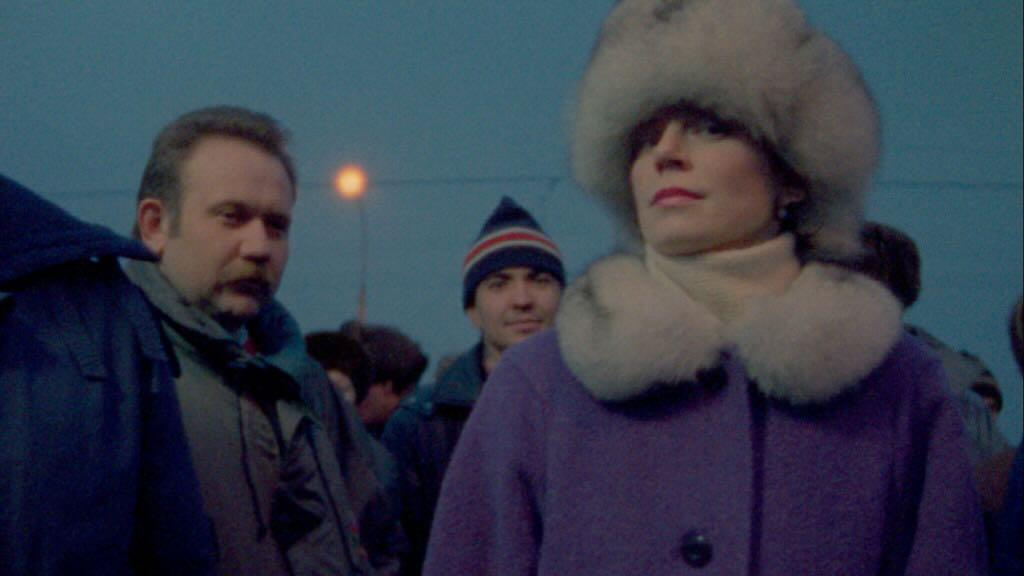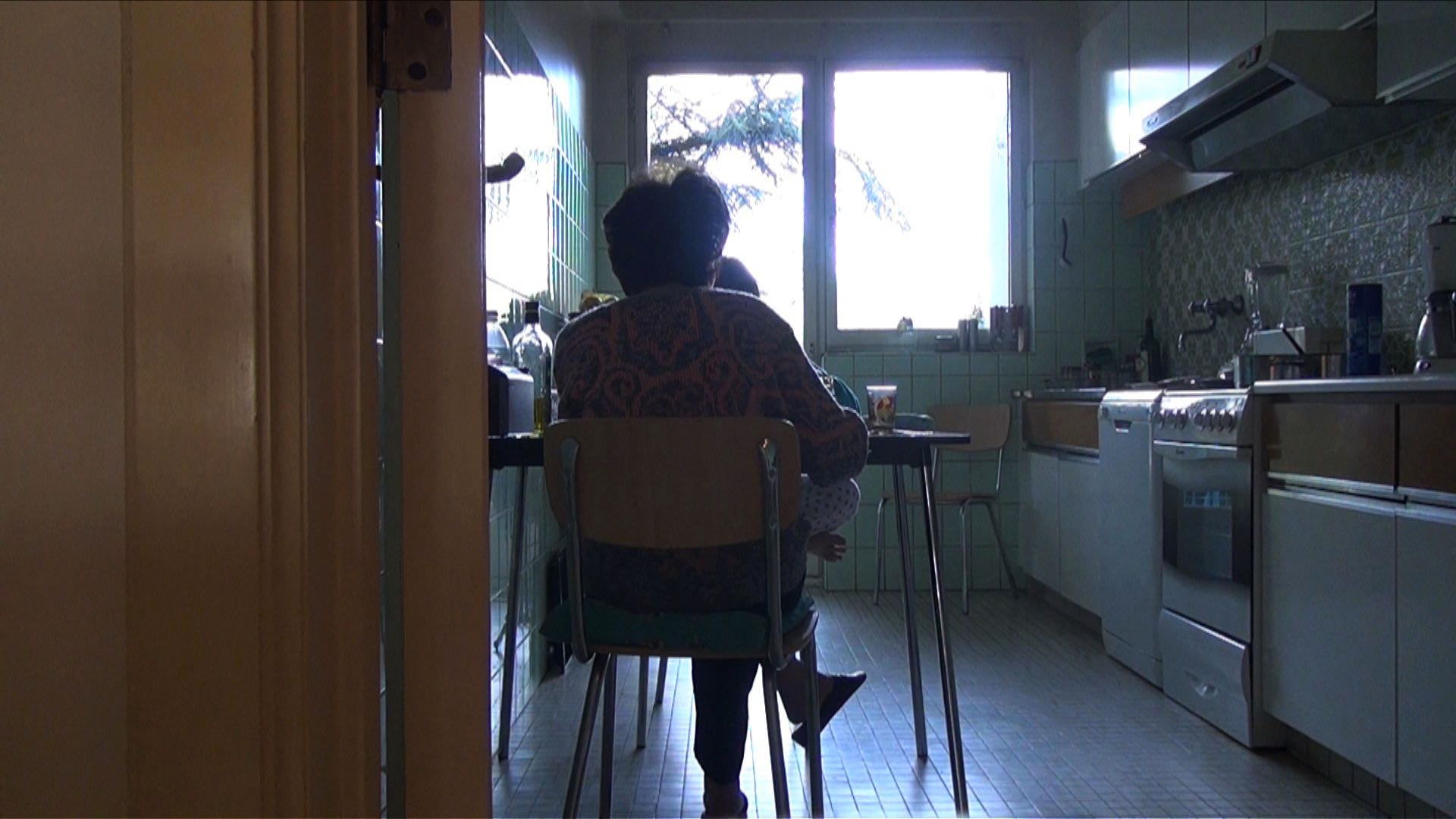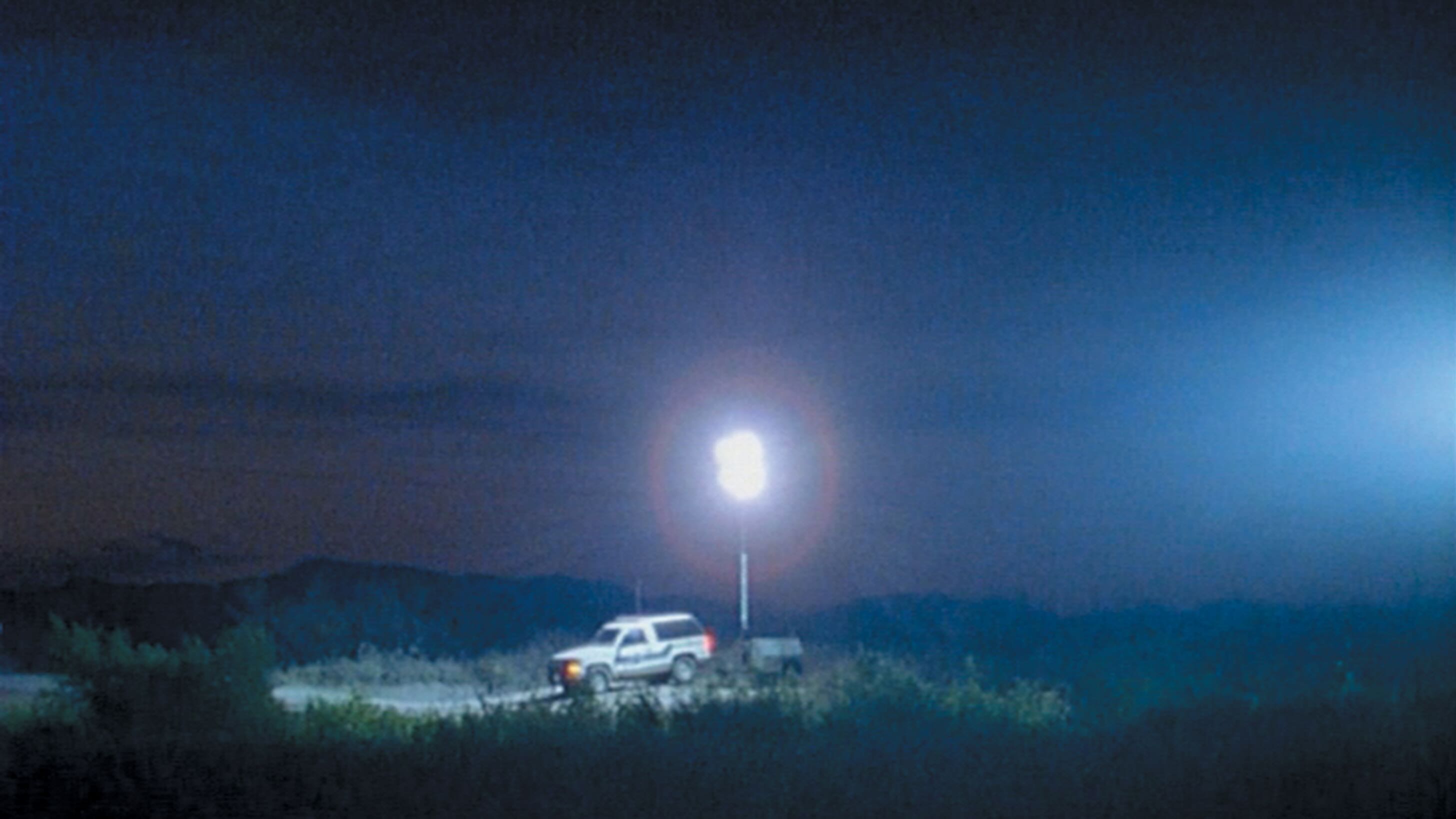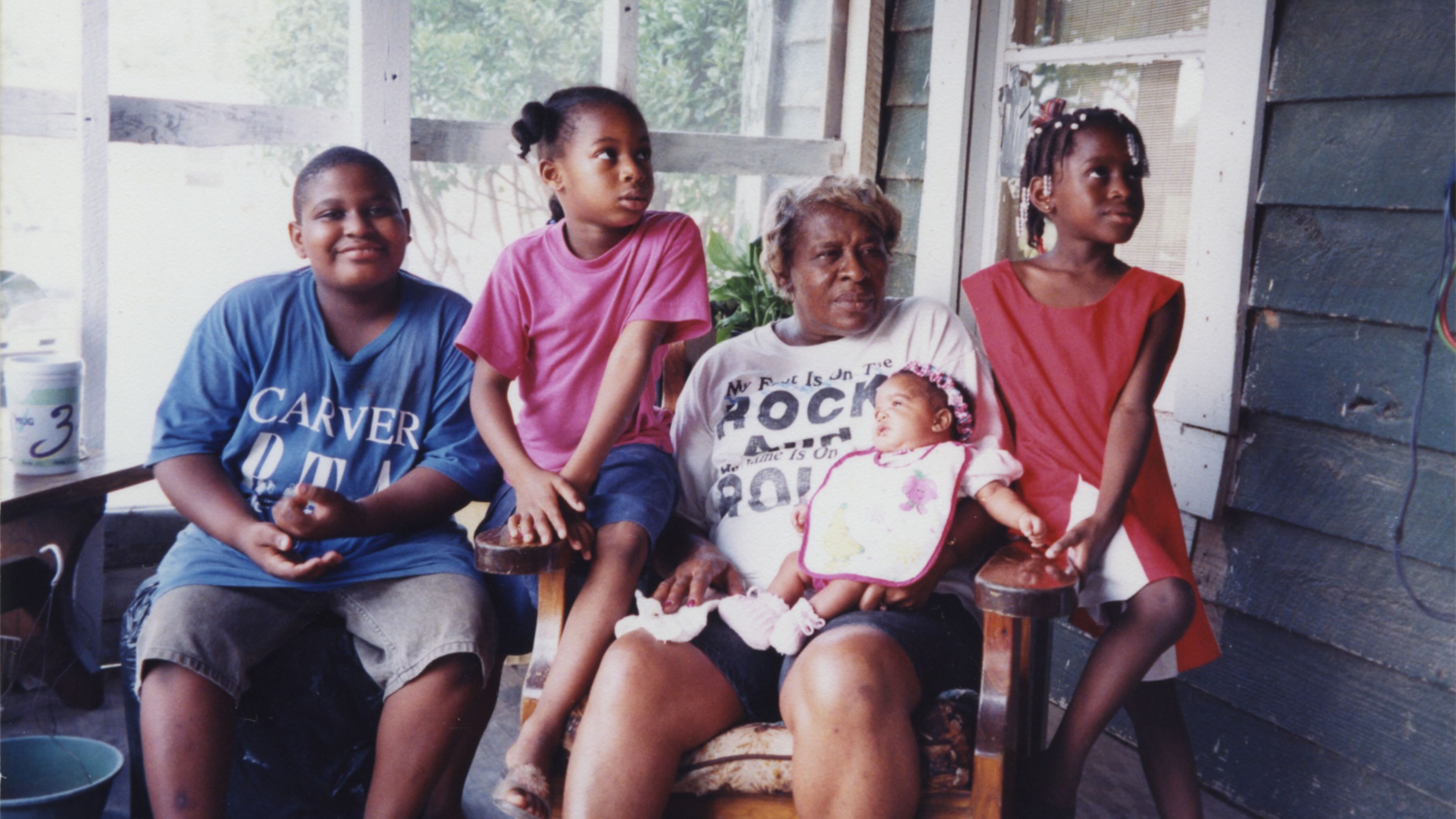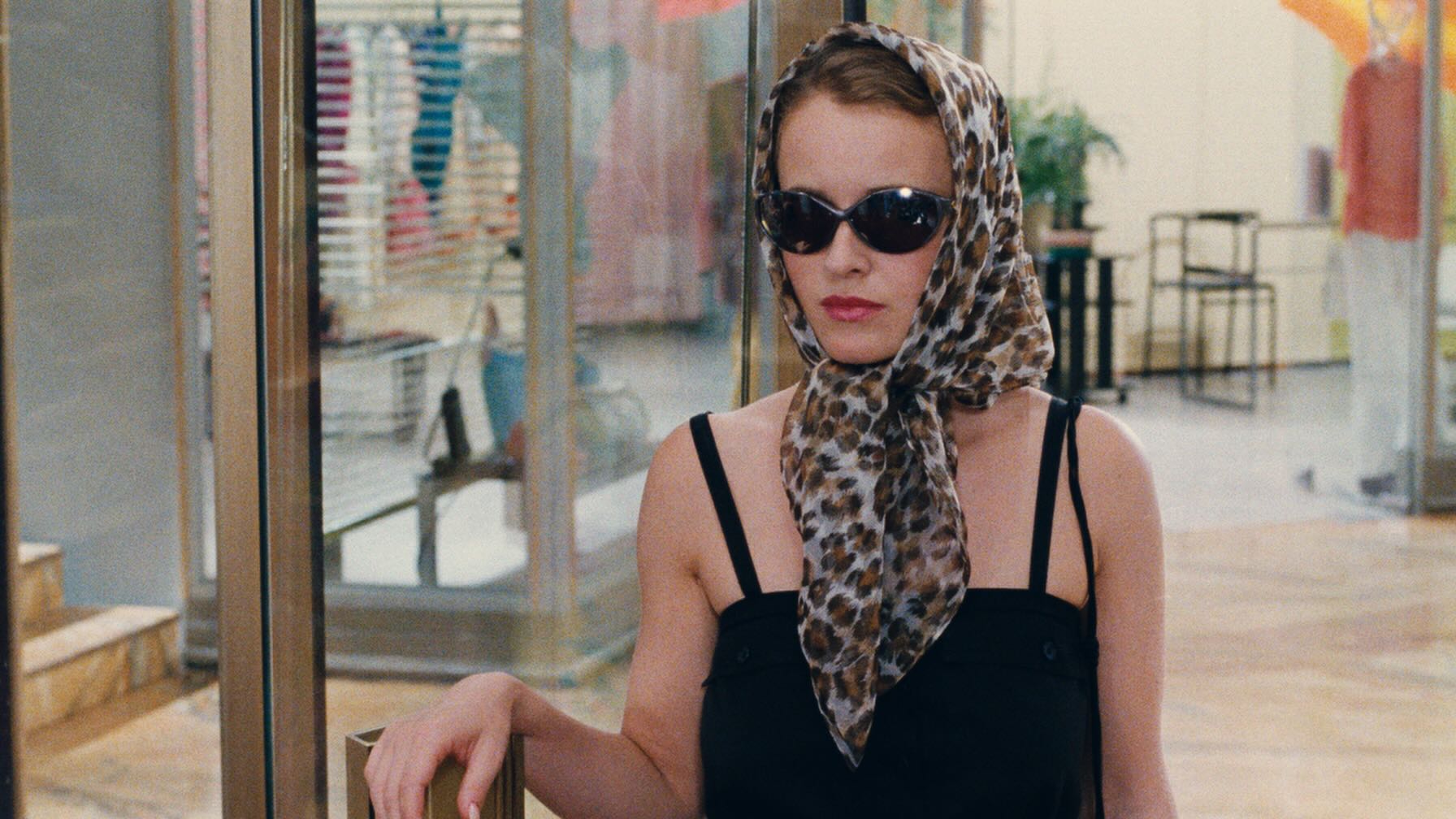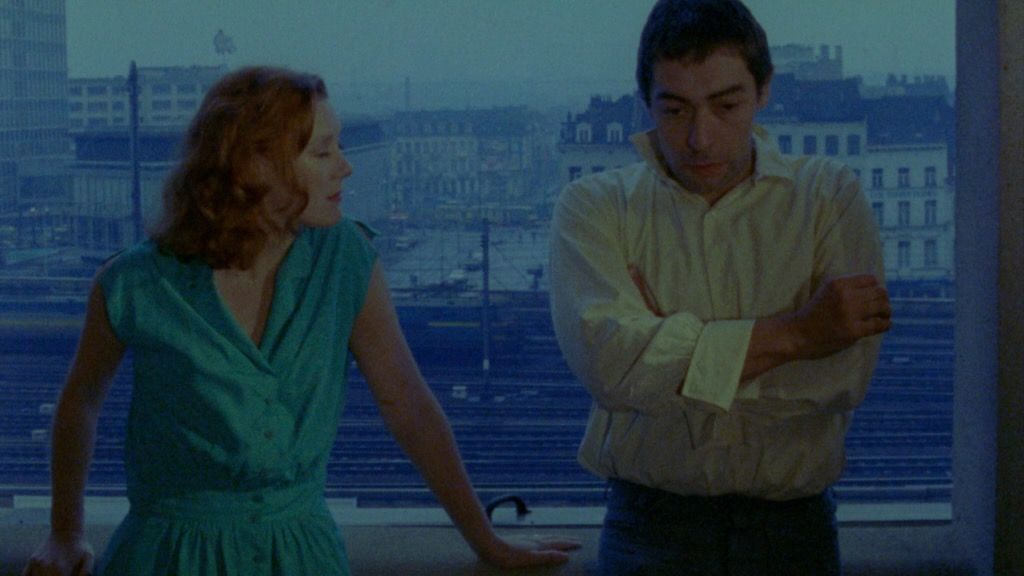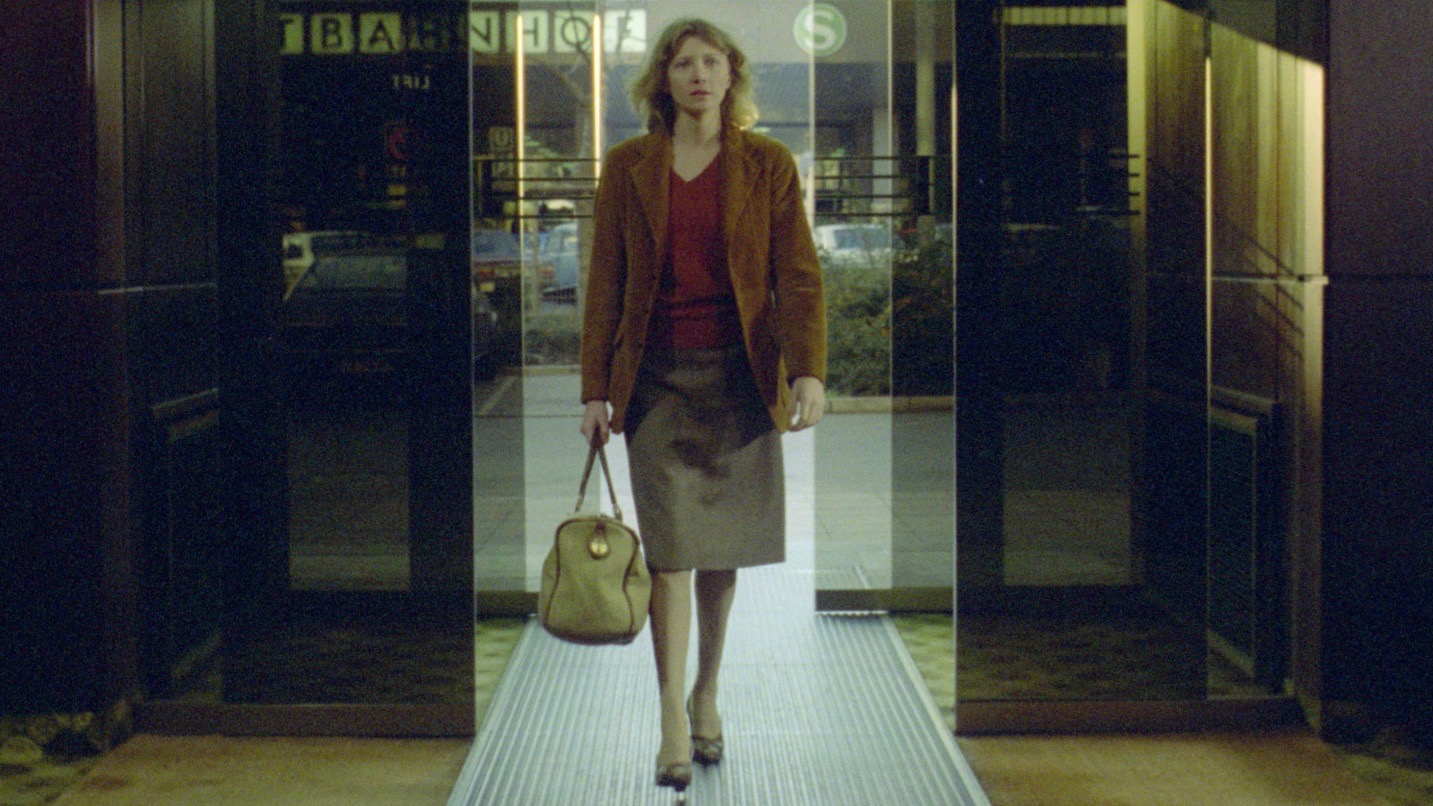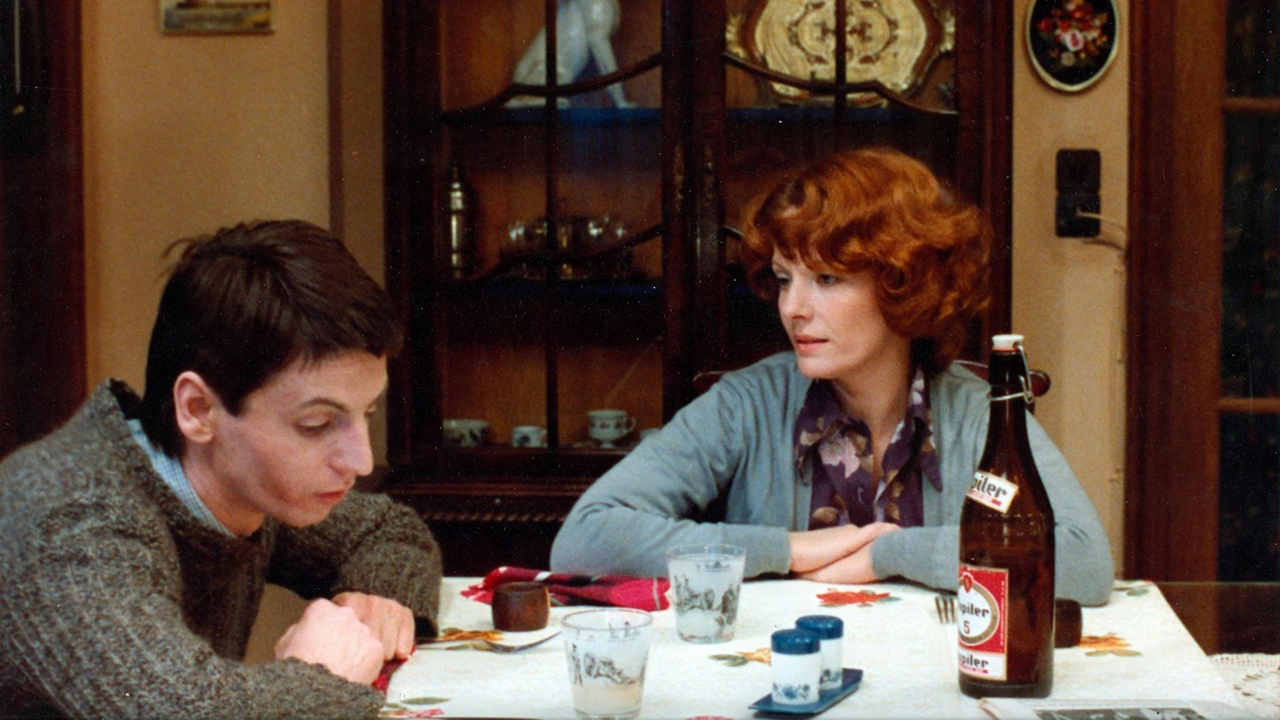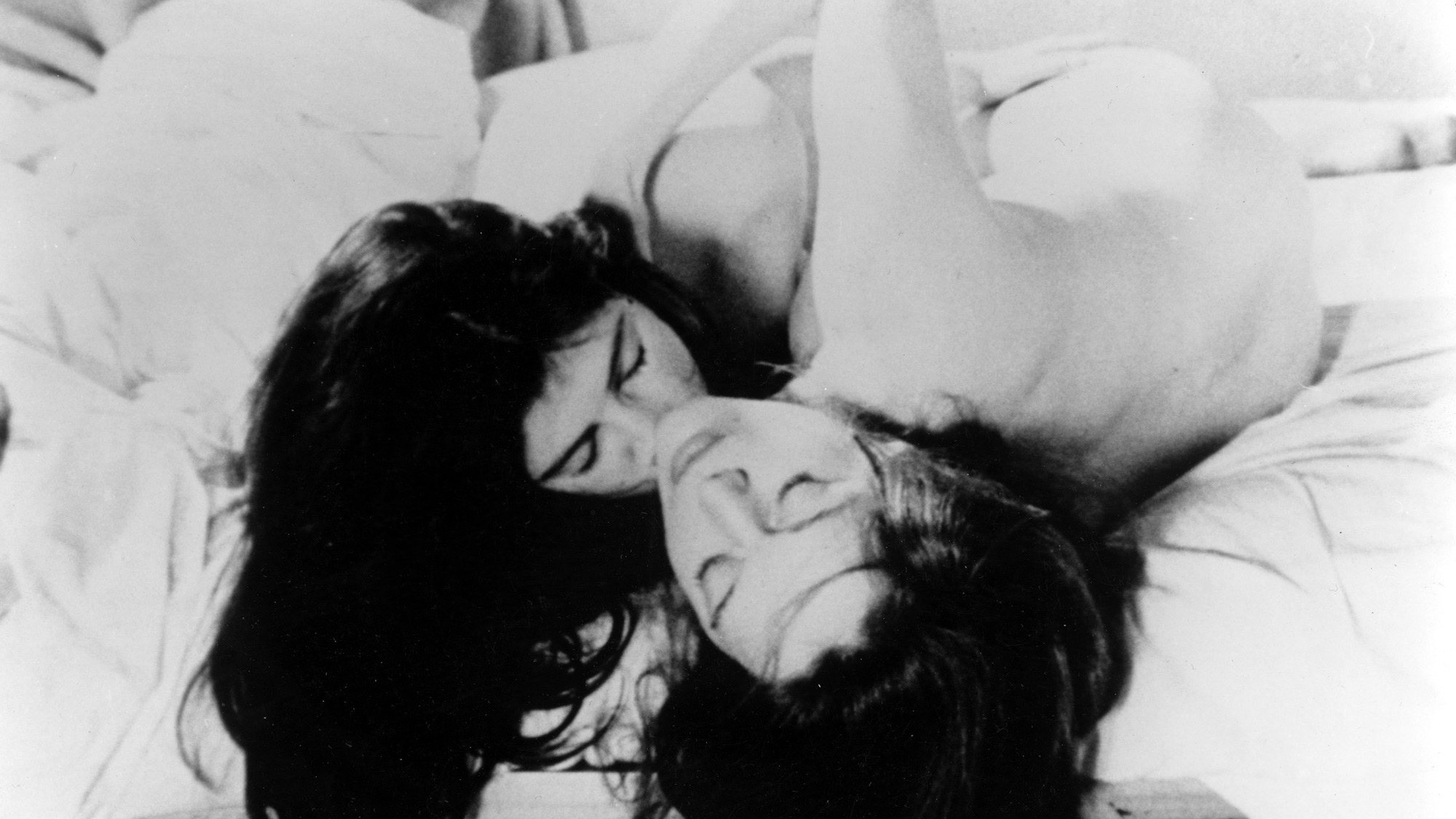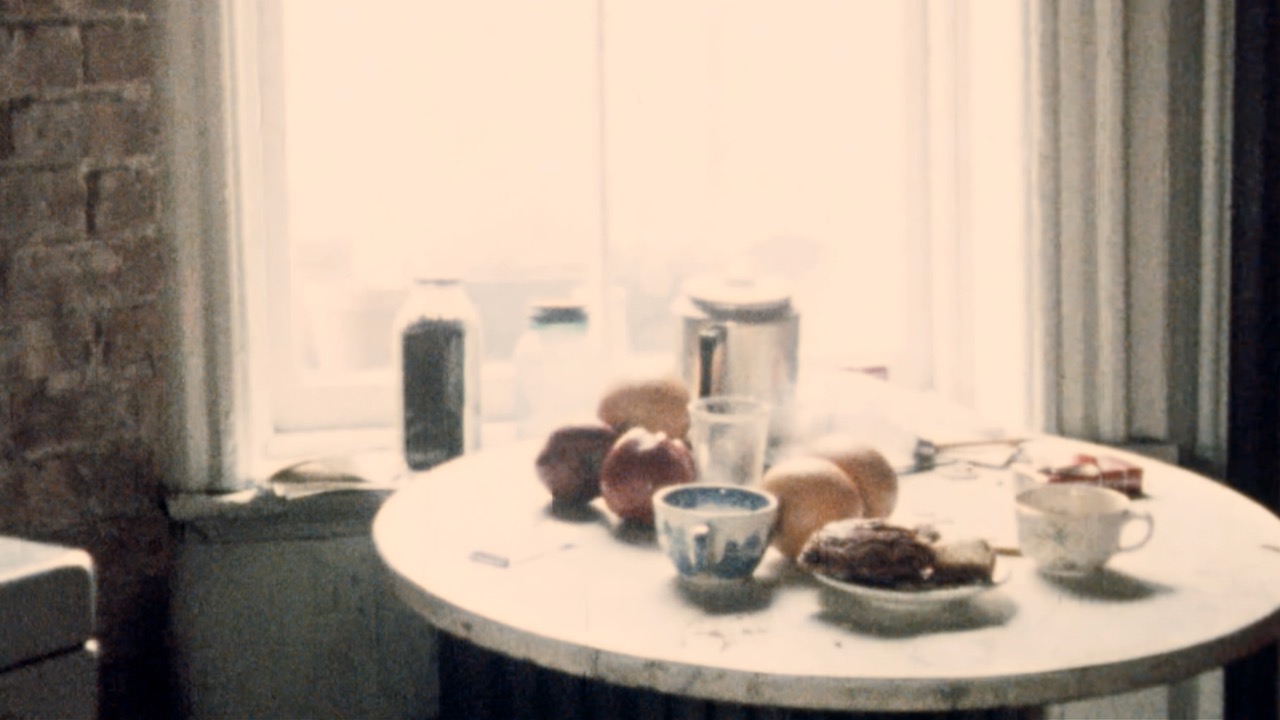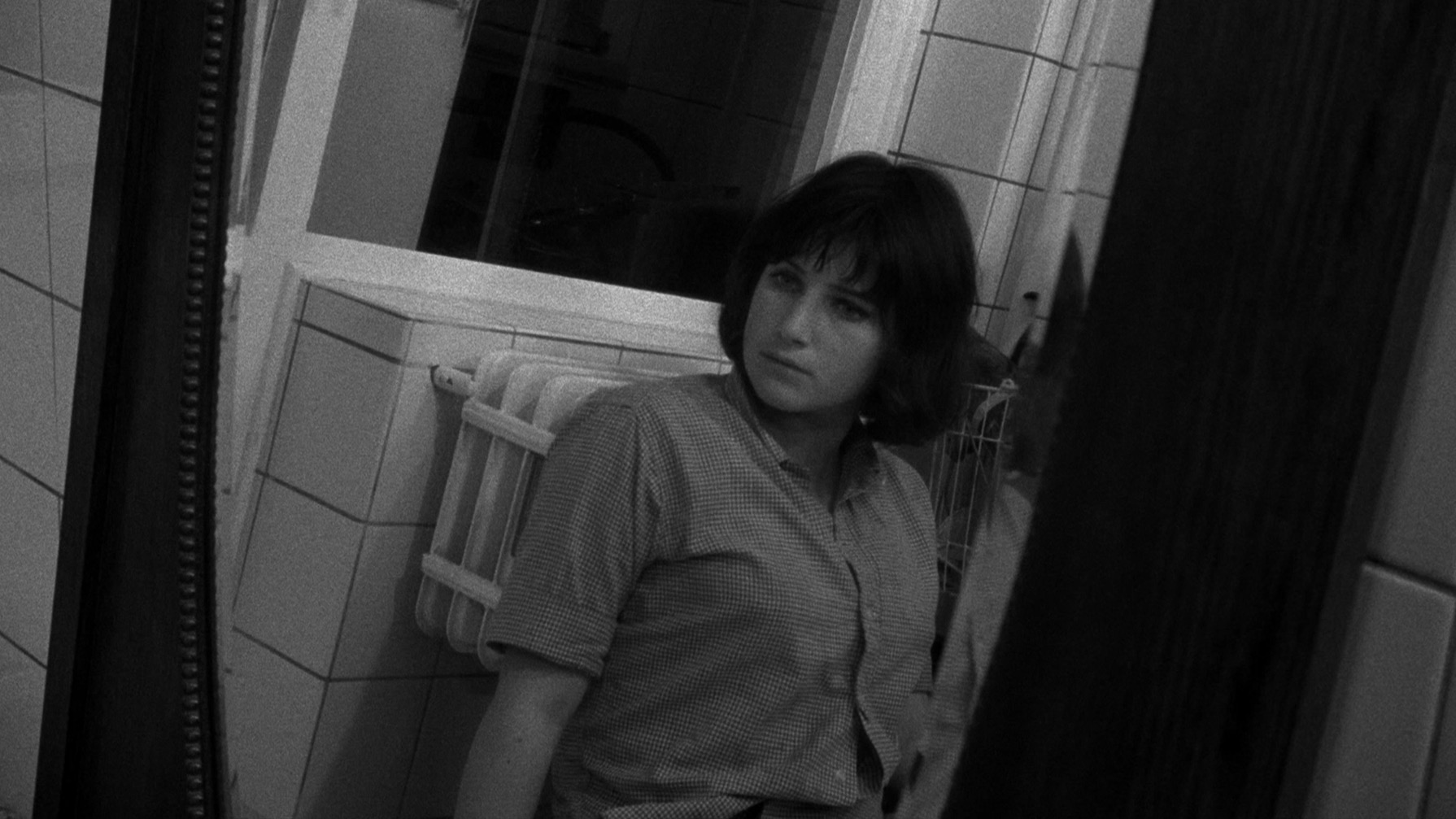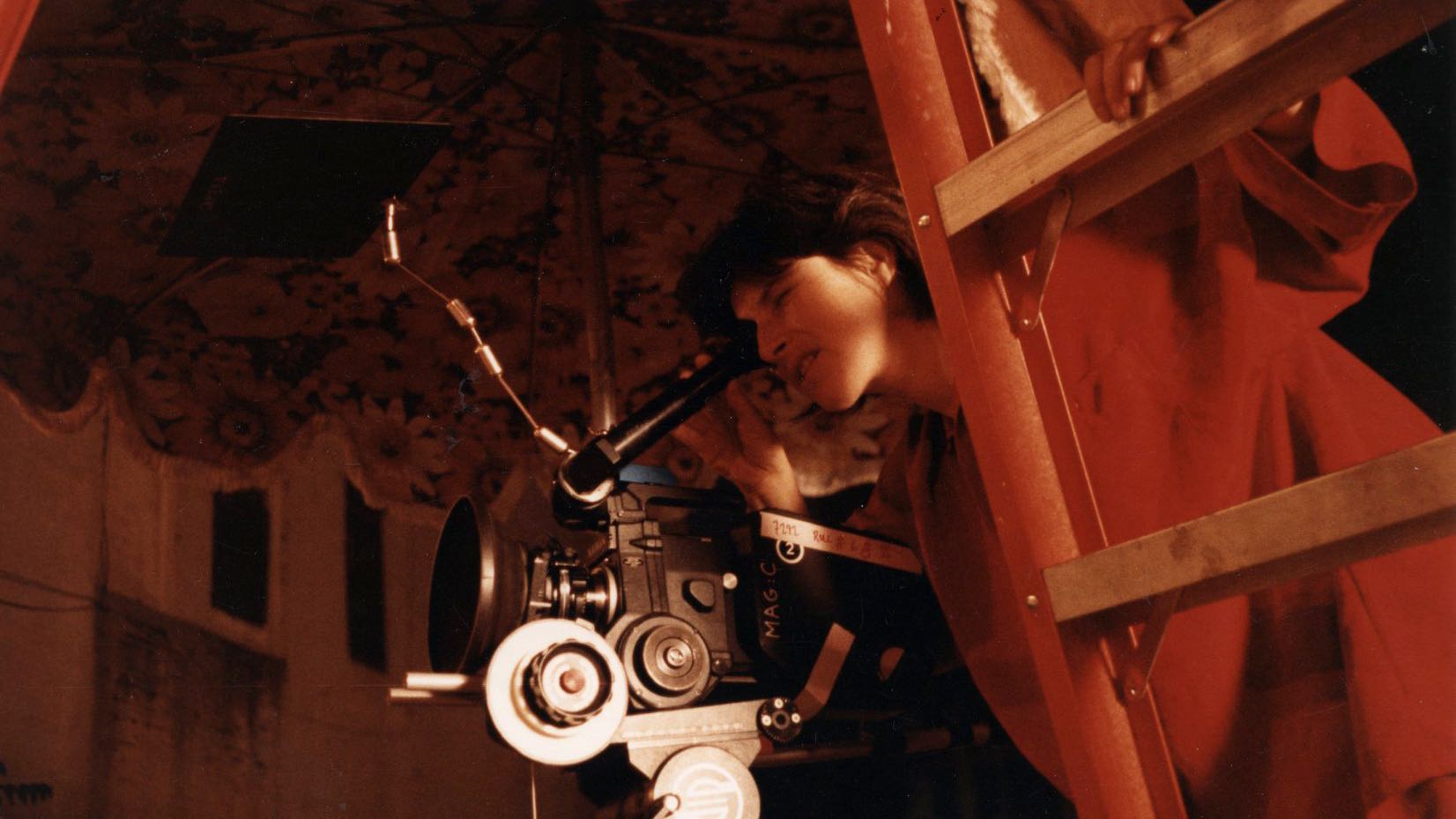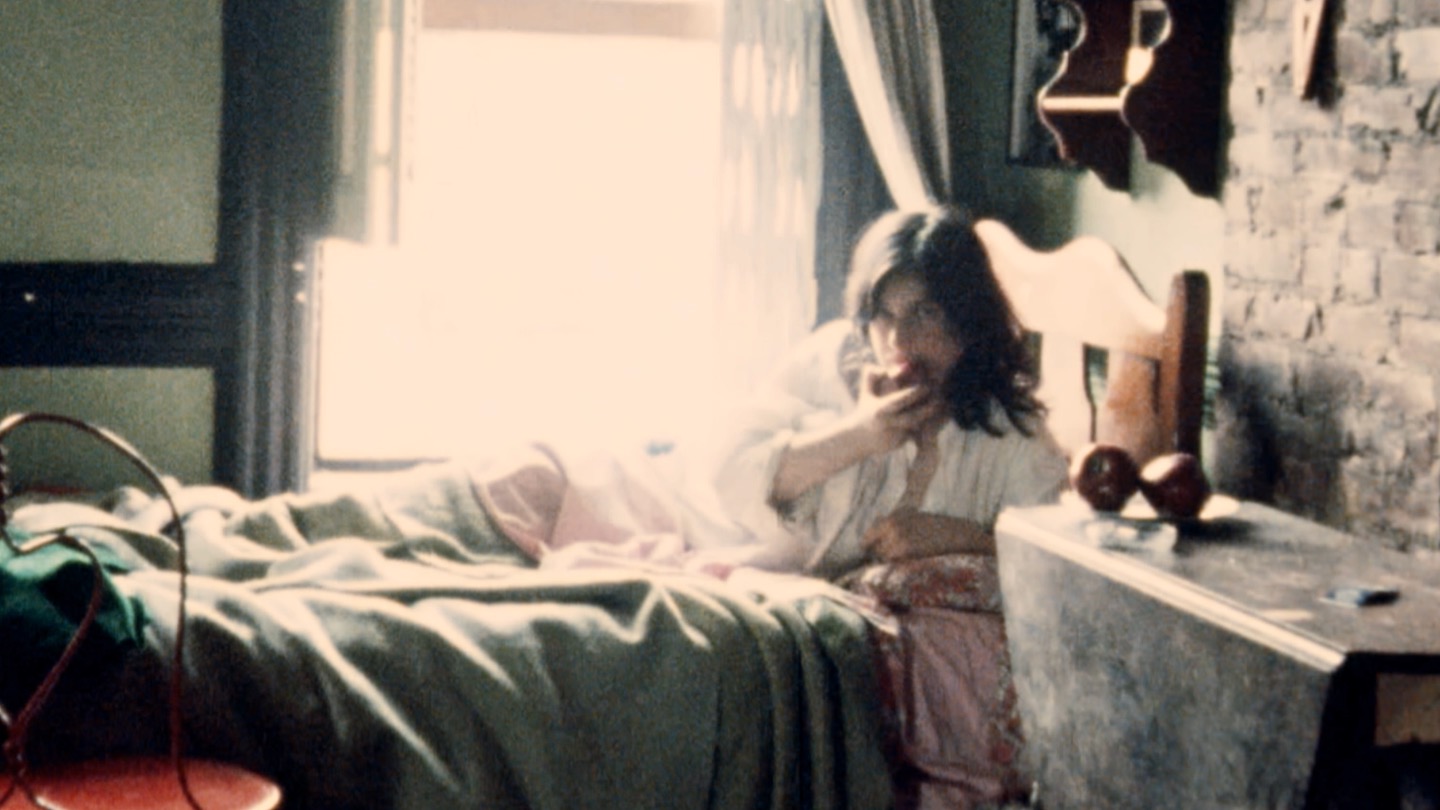From the East traces a voyage leading from the end of summer to the depths of winter, from East Germany to Moscow. A cinematic elegy, this film without commentary is by no means a documentary, i.e. an organiza- tion of the real communicating either information or a point of view. Chantal Akerman shows us a multitude of characters who either elicit or refuse a narrative; they fight and play with the camera or ignore its presence. The act of filming becomes the film itself, in which each shot is a bearer of the story which it opens and closes. The storyline is created on three levels: by the people captured on film, by the filmmaker who selects fragments of situations which touch her, and finally by the spectator, who constructs his or her own narrative.
And yet, whilst incorporating all this material, the film moves to wipe out all historical events, large or small, and to exclude all trace of everyday life told as anecdote or attributed meaning. There are only three or actions - walking, travelling, waiting - which with their minimalist power carry the general fiction of the film, one of people travelling and fleeing within a country which does not seem to exist any more: there are only journeys and places. If there is any moral in the film it is embedded in the form of cinema itself, in the placing of the camera, the length of shot, in the symphonic succession of exteriors and interiors, of summer and winter, town and country, crowd and individual. The structure is close to that of a melodic line, of movements in the musical sense with reprises, tempo and developments which govern the editing just as in the composition of a score.
“D'Est records journeys across territory, through seasonal time, from summer to winter. In ways that recall Arendt, the film also moves between crowded, collectively occupied public spaces and the very different textures of sheltered domestic spaces. But, more than anything else, D'Est conveys the time of waiting. It does this most compellingly in its extended tracking shots of people standing in line or waiting in railroad stations. Akerman shows the act of waiting for itself, without a goal, never disclosing why a crowd is formed into a line.”
Jonathan Crary
“When she was about to make a documentary, she did not want to explain what she would do. If she explained it, she no longer had the desire to make it. She wanted to go on location, and be a sensitive plate, a sponge. She did not want to confine the film to a project but allow it to come to her and let herself be swept through by the material. If Chantal’s images are so profound and strong, if they go beyond what they show, it is because they are not confined to intentions, but are charged with all the concerns, the obsessions, which inhabited her.”
Claire Atherton
“Akerman makes “images as facts” (not images of facts). We have to accept them as inescapable and without purpose. Her images are standing there. They are stripped of interpretation by their imperturbable length. As if Akerman waits so long to shout “cut” when filming and editing that no one manages to get out from under the spell of that mechanical duration. “Why end a shot?” is a question that becomes increasingly difficult to answer the longer the shot lasts, until her images become a wall, pouring out every ounce of their weight onto your retina.”
Dirk Lauwaert
“Her camera shows flat landscapes and ribbons of city streets, modulated by the change of seasons, by the succession of day and night. The East is a space of muffled sounds, traversed by the footsteps of passersby, punctuated by clusters of motionless figures, sporadically pierced by music, laughter and strange interjections. It is an epidermal space: the camera slides over appearances (“like a caress,” says Akerman). When the camera enters the home, it reveals only carefully posed stagings of solitary reveries. There is no commentary. Akerman refuses to narrate, to translate or to explain, making this an uncompromising, even demanding, film. In photographing the informal surface of everyday life with meticulous formality, she constructs an uncanny sense of the marvelous in the everyday. The East, no longer monolithically impersonal, is shown as both familiar and completely strange. This is a haunting and, quite literally, extra-ordinary film.”
Francette Pacteau



